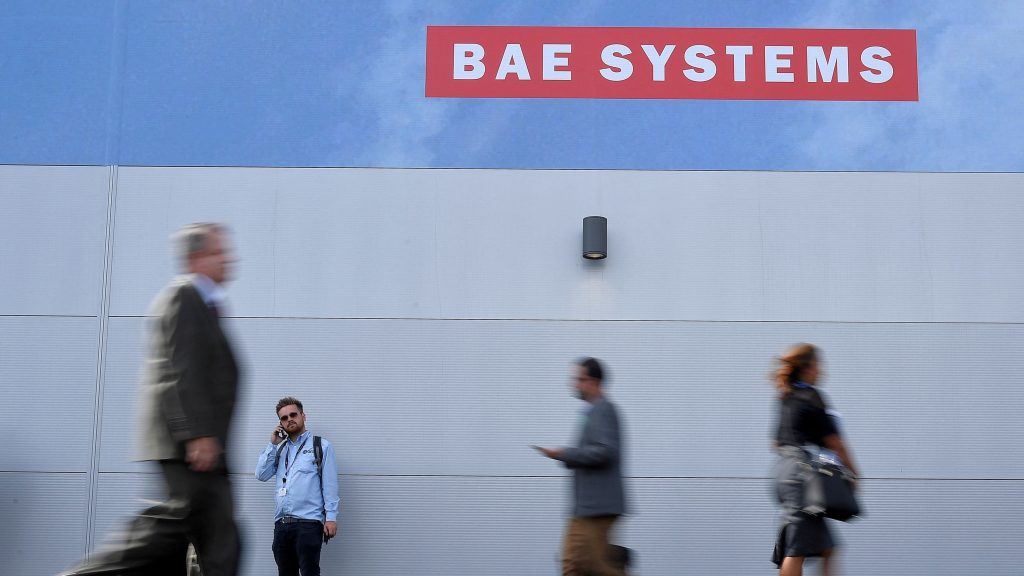
British defence group BAE Systems on Thursday upgraded its 2024 forecasts on strong deliveries of military kit and benefits from a bolt-on acquisition in the U.S., as its CEO said he was confident on future projects despite a UK defence review.
Military spending has increased over the last two years, as governments have reacted to heightened geopolitical risk in the wake of the Ukraine war, driving orders at BAE, Europe’s biggest defence company.
BAE now expects annual underlying earnings (EBIT) to rise by 12% to 14%, compared with earlier guidance for them to be 11% to 13% higher, on sales which are forecast to be 12% to 14% higher, compared with a previous expectation of 10% to 12%.
But there are worries that the defence boom may be peaking due to political shifts and concerns that support for the war in Ukraine could ebb over the long term.
In Britain, where BAE makes a quarter of its revenues, a new Labour government elected in July started a defence review which will report next year, prompting speculation that BAE’s Global Combat Air Programme (GCAP) could be downgraded or scrapped.
But BAE’s Chief Executive Charles Woodburn told reporters he was confident on future projects.
“I think our portfolio is well-positioned for the existing threats and the emerging threats,” he said when asked about the UK defence review.
“I think there’s a very strong case for GCAP,” he added, calling it the future of Britain’s military air capability, which employs 50,000 people in the country.
Shares in BAE, which are up 17% so far this year, were flat at 1,291 pence in early trading. Analysts said the consensus forecast had already anticipated the company’s upgrade.
BAE also raised its half-year dividend by 8% and said the acquisition of U.S. space-focused bolt-on Ball Aerospace, which was completed in February, and which it has renamed Space and Mission Systems, was performing well.
Operationally, the company continued to work on building submarines for Britain, armoured vehicles for the U.S. and delivered two Typhoon fighter jets to Qatar.
(Reporting by Sarah Young; editing by William James, Paul Sandle and Jane Merriman)